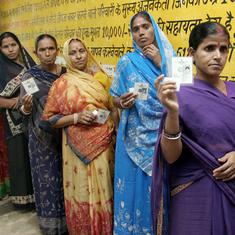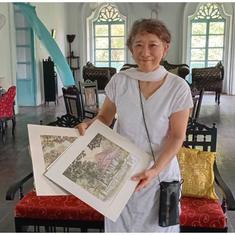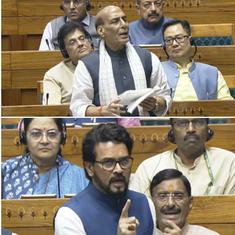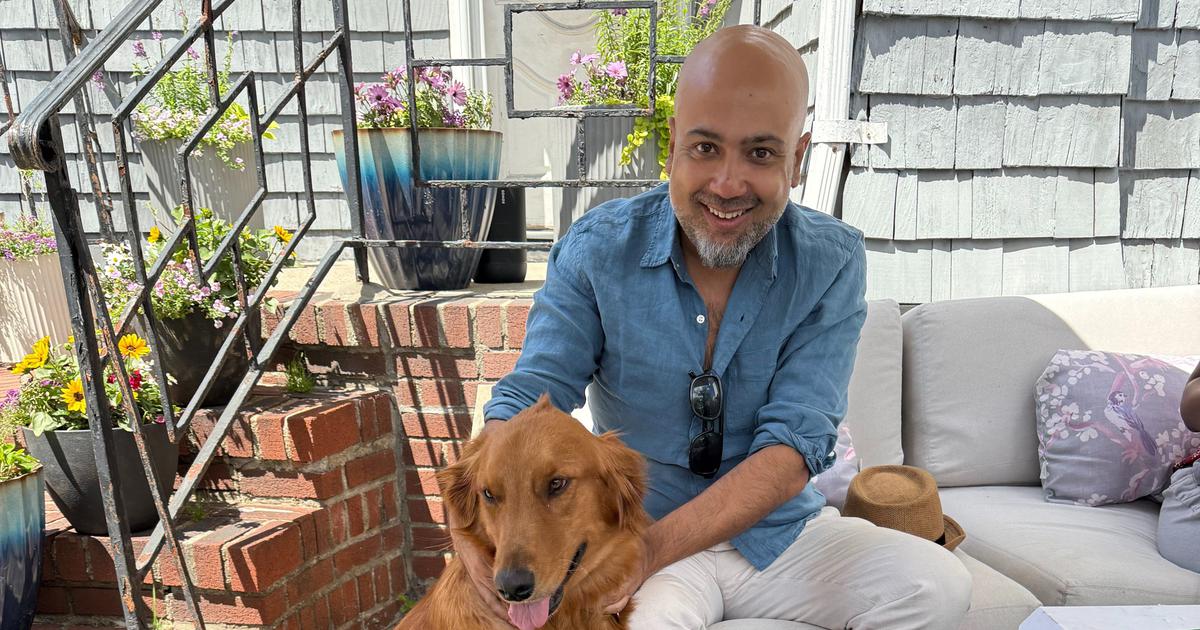In Karma and Lola, his latest book of fiction, author Prajwal Parajuly goes back to the Himalayas, only this time it’s for young readers. After The Gurkha’s Daughter (2012) – a collection of short stories offering glimpses into the life of Nepali-speaking communities and Land Where I Flee (2013) – his debut novel focusing on an estranged family of an octogenarian matriarch from Gangtok, Sikkim, 12 years later, Parajuly has ventured into a different genre.
Three significant events led to this literary detour. One: he ate cake. Two: he spent six years writing a historical novel, which his family of lawyers strongly advised him to shelve (and he did). And three: a social media post that unexpectedly nudged him into writing.
If the arithmetic seems off, Parajuly does not mind clarifying. Speaking after a jog through historic Mayfair in London, he recounted: “On February 10, 2023, I posted on social media a photo of myself, in a tie too short for me, smiling over an assortment of pastries. ‘Nephew turned 11,’ the caption read. ‘I ate cake. Tie became noose.’”
He had just flown into London ten days ago to celebrate his nephew’s birthday. “That meant I had come out of six months of sugar embargo. I tend to deprive myself of sugar for months on end and then go crazy when I finally eat it. The birthday gave me an excuse to eat cake – kilos of it – every day for the next two weeks.”
That was why he consented to a date at the Ritz-Carlton.
“I mean it was sugar,” Prajwal said. “As afternoon teas go, I find nothing more pretentious than the one at the Ritz. There’s a dress code. It’s a spectacle – with passersby gawking at you while you concentrate on your scone in what is essentially a glorified corridor. It’s like you’re a monkey in a gilded zoo. But I wasn’t going to say no to a date with that much cake. I promised myself that it would be my last bit of sugar consumption for six months. I borrowed a tie from the Ritz reception, donned a jacket too tight for me and asked for seconds of the dill and mint on bread. The date went well. The social media post came from a place of delight. Little did I know what would happen next.”
What followed was literary agent Hemali Sodhi – founder of A Suitable Agency – spotting the post and commenting: “One of the greatest short stories of recent times.”
“Yeah, people keep telling me to write another book,” Prajwal replied. “Here’s one!”
She urged him to write a book and let her represent him.
Parajuly had just spent six years working on a historical novel based loosely on his home state, Sikkim’s merger with India, which would invite every legal battle known to an author. “At least that’s what my parents said. I was heartbroken to have to abandon a 99,000-word project I had given everything to. But I am not an idiot. I value my sleep. I value my family’s peace. That might make me a fraudulent writer who places his sanity above his craft, and I am okay with it. But I didn’t have it in me to start another adult novel right away. I still don’t!”
Sodhi offered three suggestions: a travel book, a collection of essays, or a children’s book. Parajuly joked: “There has to be a dog in it.” She agreed. And so was born Karma and Lola, the story of an eight-year-old girl who lives in a whimsical hotel in the Himalayas with her parents and a dog.
When the dog goes missing, a cascade of adventures begins and in Parajuly’s hands, the Himalayas come into focus. “I might be flitting between Paris and New York, or London and New York, or, more recently, between Sri City and New York, and all I do is I write about the Himalayas. To this day, I think of the mountains – specifically the eastern Himalayas – as home. I am a mountain man through and through. I am the happiest when hiking up mountains and feel the most productive when I write about mountains.”
“Home” has served as the backdrop for much of Parajuly’s work, which spans themes of identity, social hierarchy, class disparity and diasporic alienation. At 26, he became the youngest author to be signed by UK publisher Quercus. His writing has been nominated for the Dylan Thomas Prize and the Mogford Prize in the UK, the Émile Guimet Prize for Asian Literature and the First Novel Prize in France and won the Prix Littéraire Chambre de Commerce et d’Industrie Franco-Indienne 2024; he later served as a juror for the Dylan Thomas Prize in 2018 and again in 2024.
Personally, Parajuly’s writing has been captivating because of its tone, which is at home in any setting and not necessarily in any vernacular context. There’s a deftness in words, a lightness of touch honed over time. “What a remarkable 13 years it has been,” he said. “I’ve become a more critical writer in the process. Writing has been tremendously rewarding and tremendously frustrating.”
Writing for children has been a shift in gears. “When you are writing for children, you inhabit this magical, difficult world you forgot existed,” he remarked. “It’s been joyful trying to transmit that into words. I wasn’t writing with the aim of getting published. I wasn’t writing to work out my writing muscles. I was writing in that lazy, haphazard way you write when you have no desire for anyone to read your work. It’s an innocent way of writing, one I like teaching my students to embrace. There’s no greater joy than writing for writing’s sake. You’re unencumbered by writerly pretensions, saleability and marketability.”
Famous last words, perhaps – but ones Parajuly may now be happily forced to eat. Before he and Sodhi could even circulate the manuscript in the UK, his French agent, Jérôme Bouchaud, connected them with Cherise Lopes-Baker at Tate Children’s – the publishing arm of the Tate Modern. The deal was pre-empted. Tate declared the manuscript a perfect fit, buoyed by illustrations from Ubahang Nembang. In India, HarperCollins has acquired rights; in Nepal, it’s Nepalaya, the Nepali-language publisher, for Nepal.
Sodhi finds it well-deserving and comments, “The writing is so lovely. It’s a great story. It’s highly cinematic. The hotel setting is whimsical. It’s the Himalayas. It’s so Prajwal. All of which would lend themselves to a perfect illustrated book.”
As for Parajuly, he now wants to write a children’s book every year! “It’s the most fun I’ve had as a writer. With Karma and Lola scheduled to be published worldwide in late 2026, I am curious to know how it will be received. If nothing, I can seek comfort in the fact that it will have an assured lifelong presence in the bookstore at the Tate Museum.”
And so unfolds the story of Karma and Lola – born of a weary author, several slices of cake, a fortuitous Facebook post, and the enduring pull of the mighty Himalayas.










